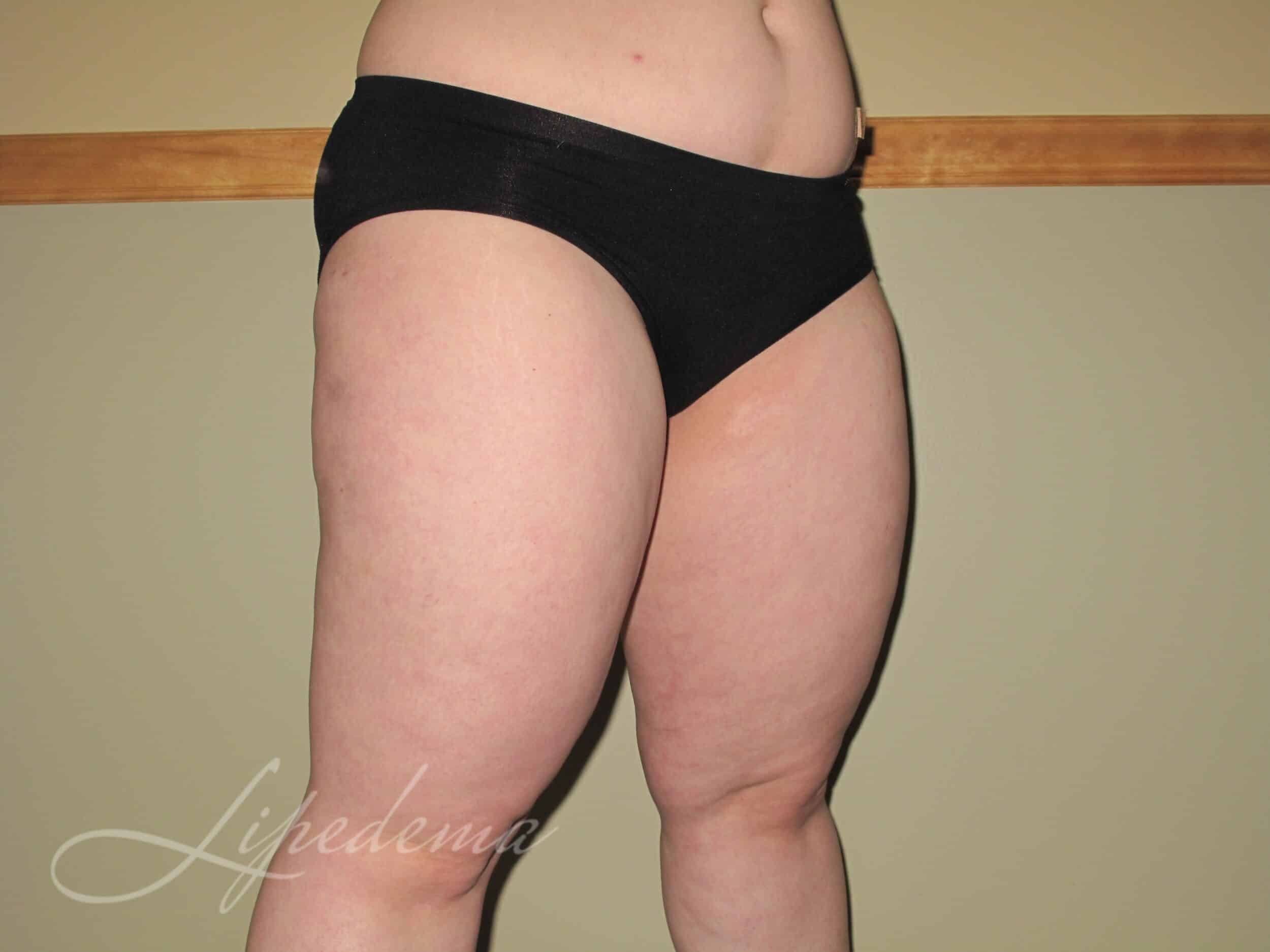It has been a struggle for patients to obtain approval for the lymph-sparing liposuction procedure. Those who have succeeded, have fought the battle of denial and appeals with diligence and dedication.

Overview
The liposuction procedure was developed as a purely cosmetic surgical procedure to improve the aesthetic appearance of targeted body areas and that is still the goal of most liposuction procedures performed today. Medical insurance providers consider all liposuction procedures to be cosmetic procedures with a few rare exceptions. Nearly all insurance plans have a policy exclusion language for liposuction procedures. It is possible to overturn the exclusion language in some instances; however, most of the time it is not.
Barriers to Lipedema Insurance Coverage
The United States medical system and insurance providers use the ICD-10 International Classification of Diseases to assign codes to medical conditions. The ICD-10 does not have a specific code for Lipedema. Currently, the most accurate codes are for Acquired Lymphedema and Hereditary Lymphedema, which are accurate, but not specific to Lipedema. There is a Lipedema diagnosis code available in the ICD-11 code set, but this coding system has not been adopted yet by the US. Since there is no specific ICD-10 code for lipedema disease, most medical insurers chose not to recognize Lipedema as a medical disease.
Medical insurance providers in the United States are critical of published research on lymph sparing liposuction for Lipedema. Although there are several surgeons in the US performing the procedure for Lipedema and showing significant improvement in Lipedema symptoms and improved quality of life, most of the larger studies published in peer-reviewed medical journals showing the safety and effectiveness of lymph sparing liposuction have been done in Europe. Most health insurers chose not to pay for lymph sparing liposuction for Lipedema because their medical reviewers are not convinced by the European medical literature on the safety and effectiveness of liposuction or lymph sparing liposuction. In this case, the insurance company may call the treatment “experimental”.
Insurance Approval Process
The first step is to be familiar with your insurance plan coverage. If your plan has language exclusion stating, “no liposuction for any reason”, it is a contract exclusion and can not be overturned on appeal. It is considered an “Administrative Denial”. The next step is to understand if you have “out-of-network” benefits. The majority of surgeons will be out of network for the lymph-sparing liposuction procedure. Since most plans require the subscriber to pay a higher percentage of the procedure cost for out-of-network benefits, it is important to understand what your benefits are and what your out-of-pocket expenses will be.
The insurance approval process begins with the initial submission for pre-determination / pre-certification. If you are denied, it is possible to appeal the decision (provided it is not an administrative denial). Generally, the submission, denial, and appeal process can take 4 – 12 months. The final level of appeal is to your State Board of Insurance and must be submitted to the state by the patient – not the physician’s office. The State Board of Insurance will submit your records to an independent reviewer for consideration. The independent review board will hold a hearing, and If the board overturns the denial from your health insurance provider, your insurance must provide coverage for your procedure(s).
It is necessary to provide evidence as to why the proposed surgery is medically necessary; not experimental, not cosmetic, and why the benefit should be approved, or the denial should be overturned. This is proved through photos, medical records, which you will need to obtain from all your doctors, physical therapists, MLD therapists, etc…, and letters of medical necessity. Medical documentation proving that you have Lipedema and that it is getting worse despite having tried months or years of less invasive non-surgical treatments is a requirement.
Our office will assist in obtaining pre-authorization or precertification for lymph-sparing liposuction surgery. We will provide copies of your medical records, photos, a letter of medical necessity, and medical literature for your insurance provider and submit them on your behalf. Dr. Wright will also participate in peer-to-peer phone calls with the medical director from your insurance provider and will speak on your behalf at the state independent reviewer hearing. We have also found that writing a statement or letter explaining how Lipedema has affected your quality of life, your lifestyle, daily activities, ability to carry out daily tasks, ability to work and perform functions and responsibilities of your job, and the progression of the disease is also very helpful.
If your insurance is provided through an employer, it is also helpful to discuss the process with your Human Resource department. Some employers have the ability to approve medical procedures that are normally excluded or not covered by insurance on a case-by-case basis.
Even after working through the arduous task of insurance submission, denial, and appeal, we understand that most lipedema patients will not be able to secure lipedema insurance coverage and payment for the lymph-sparing liposuction procedure. For this reason, we offer a substantial discount to patients who wish to pursue surgery and must pay for it out of pocket.
Find more information about lipedema surgery and insurance coverage here.
